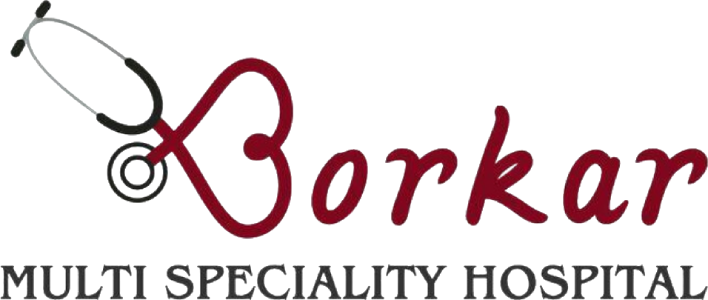OVARIAN HYPOFUNCTION
Understanding Ovarian Hypofunction: Causes, Symptoms, and Treatment Options
Ovarian hypofunction, also known as primary ovarian insufficiency (POI), is a condition in which the ovaries fail to function properly before the age of 40. This can lead to irregular menstrual cycles, reduced fertility, and other health complications. While it can be distressing for those affected, understanding the causes, symptoms, and treatment options can empower individuals to manage the condition effectively.
What is Ovarian Hypofunction?
Ovarian hypofunction occurs when the ovaries—the organs responsible for producing eggs and releasing hormones like estrogen and progesterone—do not function as they should. This can result in decreased hormone production, irregular ovulation, or complete cessation of menstrual cycles.
Although ovarian hypofunction shares some similarities with menopause, it differs in that it occurs much earlier and may still allow for intermittent ovarian activity.
Causes of Ovarian Hypofunction
Several factors can contribute to ovarian hypofunction, including:
- Genetic Disorders
- Turner Syndrome: A chromosomal abnormality where one of the X chromosomes is missing or incomplete.
- Fragile X Syndrome Premutation: Associated with an increased risk of ovarian insufficiency.
- Autoimmune Conditions
- The immune system may mistakenly attack ovarian tissues, disrupting hormone production.
- Cancer Treatments
- Chemotherapy and radiation can damage ovarian tissues, leading to reduced functionality.
- Surgical Interventions
- Removal of the ovaries or certain pelvic surgeries can lead to ovarian insufficiency.
- Infections
- Severe infections like mumps or pelvic inflammatory disease can impair ovarian function.
- Idiopathic Causes
- In many cases, the exact cause remains unknown.
Symptoms of Ovarian Hypofunction
The symptoms of ovarian hypofunction often resemble those of menopause but may occur sporadically. Common signs include:
- Irregular or missed menstrual periods
- Hot flashes
- Night sweats
- Vaginal dryness
- Decreased libido
- Fatigue
- Mood swings or depression
- Difficulty conceiving
Diagnosis of Ovarian Hypofunction
Diagnosing ovarian hypofunction involves a combination of medical history, physical examination, and laboratory tests. Key diagnostic steps include:
- Medical History and Symptoms
- A detailed discussion of menstrual history and symptoms.
- Blood Tests
- Follicle-Stimulating Hormone (FSH): Elevated levels indicate reduced ovarian function.
- Estrogen: Low levels may confirm ovarian insufficiency.
- Anti-Müllerian Hormone (AMH): Used to assess ovarian reserve.
- Ultrasound Imaging
- Evaluates ovarian size and the presence of follicles.
- Genetic Testing
- May be conducted to identify underlying genetic conditions.
- Autoimmune Screening
- Tests to detect autoimmune disorders affecting ovarian function.
Impact on Fertility
Ovarian hypofunction significantly affects fertility, as irregular ovulation reduces the chances of conception. However, spontaneous ovulation can still occur in some cases. Assisted reproductive technologies (ART) such as in vitro fertilization (IVF) and egg donation are viable options for those seeking to conceive.
Treatment Options for Ovarian Hypofunction
While there is no cure for ovarian hypofunction, treatments focus on managing symptoms, improving quality of life, and addressing fertility concerns. Common approaches include:
- Hormone Replacement Therapy (HRT)
- Replaces estrogen and progesterone to alleviate symptoms like hot flashes, vaginal dryness, and bone loss.
- Fertility Treatments
- Ovulation Induction: Medications like clomiphene citrate or gonadotropins to stimulate ovulation.
- Egg Donation: A popular option for women with insufficient ovarian reserve.
- IVF: Particularly effective when using donor eggs.
- Lifestyle Modifications
- Diet: Incorporate calcium and vitamin D-rich foods to support bone health.
- Exercise: Weight-bearing exercises to maintain bone density.
- Stress Management: Techniques like yoga, meditation, or therapy can help manage emotional stress.
- Alternative Therapies
- Acupuncture and herbal supplements may offer symptom relief, though more research is needed to confirm their efficacy.
Health Risks Associated with Ovarian Hypofunction
In addition to fertility challenges, ovarian hypofunction is associated with several long-term health risks:
- Osteoporosis
- Reduced estrogen levels can lead to bone density loss, increasing the risk of fractures.
- Cardiovascular Disease
- Estrogen plays a protective role in heart health, and its deficiency may raise the risk of heart disease.
- Psychological Effects
- Depression and anxiety are common due to hormonal imbalances and the emotional impact of the condition.
- Metabolic Disorders
- An increased risk of weight gain and insulin resistance.
Emotional and Psychological Support
The diagnosis of ovarian hypofunction can be emotionally challenging. Support groups, counseling, and open communication with healthcare providers can provide much-needed support. Building a strong support system can help individuals navigate the complexities of this condition.
Research and Emerging Therapies
Ongoing research into ovarian hypofunction aims to improve treatment outcomes and understand the underlying mechanisms. Promising areas include:
- Stem Cell Therapy
- Early studies suggest potential for regenerating ovarian tissue and restoring function.
- Gene Therapy
- Advances in genetic research may lead to targeted treatments for hereditary forms of ovarian insufficiency.
- Hormonal Modulators
- Development of drugs that mimic or enhance hormonal activity.
Living with Ovarian Hypofunction
While ovarian hypofunction presents unique challenges, many women lead fulfilling lives with proper management and support. Regular medical check-ups, adherence to treatment plans, and a proactive approach to health can mitigate many of the condition’s effects.
Conclusion
Ovarian hypofunction is a complex condition that affects many aspects of a woman’s life. By understanding its causes, symptoms, and treatment options, individuals can take informed steps toward managing the condition. Advances in medicine and ongoing research continue to offer hope for improved therapies and outcomes. If you suspect ovarian hypofunction, consult a healthcare provider to explore the best strategies for your health and well-being.

